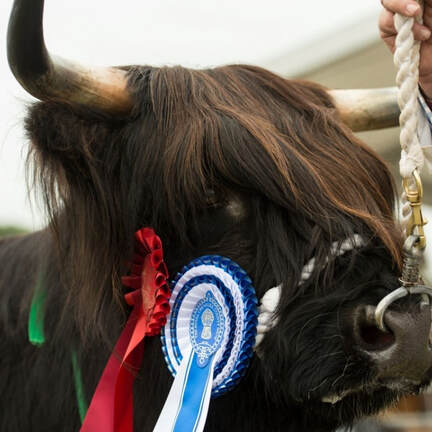
This follows three weeks of inspections by the US Food Safety Inspection Service, visiting British farms, testing laboratories and abattoirs.
There is a growing demand in America for quality grass fed, hormone free beef. It is expected the first shipment will be heading across the Atlantic in June.
Last week Liz Truss the International Trade Secretary said: “It is great news that the US has reopened the market to British beef. This is a win for our farmers and I look forward to seeing high quality British beef being enjoyed on tables across the US very soon.”
A marketing team will be visiting America to promote British meat at trade fairs, and meeting leading wholesalers, restaurant chains and supermarket buyers. It is also hoped that Dame Karen Pierce the British Ambassador, will fly the flag for British beef in Washington.
This is progress and very welcome, but we still have a log-jam regarding getting British beef into Singapore. This is due to the lack of suitable certification of our abattoirs by the Agri-Food & Veterinary Authority of Singapore (AVA).
I hope that Liz Truss and her colleague at DEFRA George Eustice, will recognise the urgency to ensure there are sufficient funds available for local abattoirs to upgrade premises to the standards required.
We have customers in Singapore but no AVA certified abattoirs in the South East. If ministers wish to support British beef farmers to market our quality beef, a relatively small investment to upgrade local abattoirs is vital to support animal welfare and prevent the necessity for livestock to travel long distances.
It is increasingly evident that the movement of goods and food around the world is essential. Believing that any country can be fully self-sufficient is impractical. Ideally we should be able to feed our populations in times of trouble, but when supply systems close down for whatever reason, we will always depend upon others to fill the vacuum.
The same goes for vital parts for the manufacturing sector as we witness factories closing down in China. Food production and manufacturing should be approached proportionately and globally.
Some countries produce things better than others, usually meaning at lower cost. I suspect when this disruption to our lives is over the approach to productivity and supply will be reviewed, and a realistic attitude will be adopted.
Farmers are well rehearsed at self-isolating, having had to do so during the Foot & Mouth outbreak in 2001. At that time it was the countryside which closed down as we tried to protect our livestock from disease.
With Corvid- 19 it is the towns and cities which are closing as members of the public do their best to avoid crowds and public places. It is interesting to see the numbers of walkers around the farm increasing significantly as people recognise the countryside to be a safe haven.
Those of us who are fortunate enough to experience the dawn rise throughout the year as we check our livestock and exercise the dogs, appreciate the solitude of the night sky during winter months, and quiet hours before dawn.
Now, as spring approaches, we see once more the sun rising in the mornings, and watch the slow pace of rural England’s changing and blossoming landscape. It is uplifting and prepares us for the tasks awaiting as we return to our daily chores.
The situation regarding Coronavirus is changing daily. We should trust British experts and the Prime Minister, and stop listening to the armchair experts who have nothing better to do than stoke the fires of panic.

 RSS Feed
RSS Feed